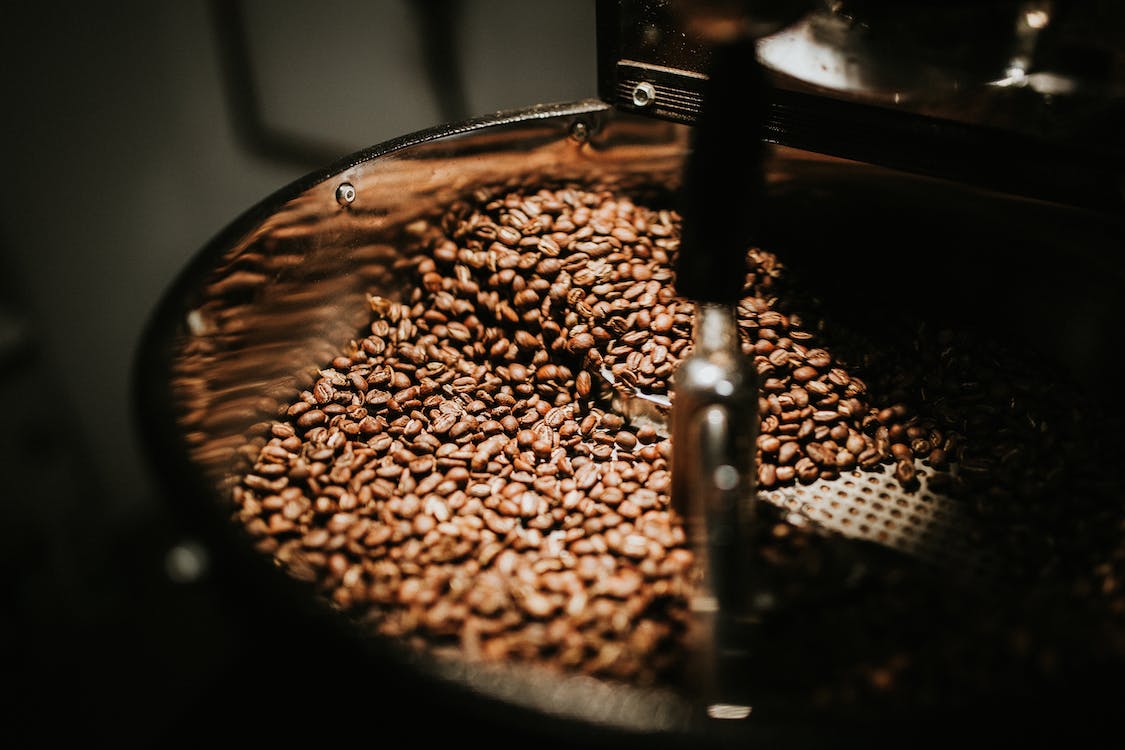
FAQ About Coffee

What is the difference between Arabica and Robusta coffee?
Arabica and Robusta are the two primary species of coffee that differ in various aspects, including taste, growing conditions, caffeine content, and market demand. Here's a breakdown of the main differences between Arabica and Robusta coffee:
Taste and Flavor:
- Arabica: Arabica coffee is known for its nuanced and complex flavors. It often exhibits a wide range of flavors, including floral, fruity, chocolaty, nutty, and caramel notes. Arabica beans generally have a milder and smoother taste with balanced acidity.
- Robusta: Robusta coffee has a stronger and more robust taste, often described as earthy, woody, or nutty. It tends to be more bitter and less acidic compared to Arabica. Robusta beans are known for their full-bodied and slightly astringent character.
Growing Conditions:
- Arabica: Arabica coffee is typically grown at higher altitudes, ranging from 2,000 to 6,000 feet (600 to 1,800 meters) above sea level. It requires specific climatic conditions, such as mild temperatures, shade, and well-drained soil. Arabica plants are more delicate and susceptible to diseases, pests, and adverse weather conditions.
- Robusta: Robusta coffee thrives at lower altitudes, usually below 2,000 feet (600 meters) above sea level. It is more resistant to diseases and pests, making it easier to cultivate. Robusta plants can tolerate hotter climates, direct sunlight, and a wider range of soil conditions.
Caffeine Content:
- Arabica: Arabica beans contain less caffeine compared to Robusta. On average, Arabica coffee beans have a caffeine content ranging from 0.8% to 1.4%.
- Robusta: Robusta beans have a higher caffeine content, ranging from 1.7% to 4%. The higher caffeine levels contribute to Robusta's reputation for providing a stronger and more stimulating effect.
Market Demand and Production:
- Arabica: Arabica coffee is generally considered the higher-quality variety and is in higher demand globally. It accounts for approximately 60-70% of the world's coffee production. Arabica beans often command higher prices in the market due to their superior flavor profile.
- Robusta: Robusta coffee, while less esteemed in terms of flavor, is valued for its affordability, higher caffeine content, and its use in blended coffees, instant coffee, and espresso blends. It accounts for approximately 30-40% of the world's coffee production.
